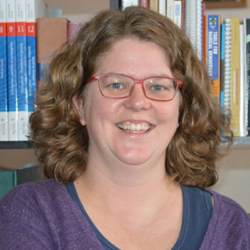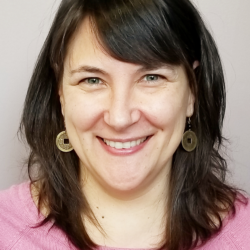Inclusive Communities for Older Immigrants (ICOI) Partnership: Developing multi-level, multi-component interventions to reduce social isolation and promote connectedness among older immigrants in Canada
SHERA UI is a partner in this project
Team
Principal investigator
Sepali Guruge
Co-inbestigators
Sandeep Agrawal, Michèle Charpentier, Shirley Chau, Denise Cloutier, Ilyan Ferrer, Amanda Grenier, Balbir Gurm, Jill Hanley, Shawn-Renée Hordyk,Karen Kobayashi, Marie-Emmanuelle Laquerre, Maureen Markle-Reid, Salima Massoui, Jenny Ploeg, Jordana Salma, Bharati Sethi, John Shields, Souraya Sidani, Sonia Ben Soltane, Oona St-Amant, Hongmei Tong, Christine Walsh, Zhixi Zhuang
Abstract
Older adults are the fastest-growing subpopulation in Canada, projected to reach 25% of the population by 2030. In preparation, governments at all levels have committed to prioritizing their needs through the design and delivery of age-friendly initiatives, services, and cities. Despite these efforts, insufficient attention has been paid to the specific concerns of older immigrants, who comprise 30% of all older adults in Canada, and more in major cities like Toronto (65%) and Vancouver (50%). A critical but unaddressed issue is social isolation of older immigrants, which limits their community and civic engagement, reduces income security, and increases risk of elder abuse, disability, and early death. All older adults are vulnerable to isolation, but older immigrants are at greater risk due to migration-related social, cultural, and economic challenges that affect their sense of isolation/connectedness.
Our Inclusive Communities for Older Immigrants (ICOI) partnership will engage in a 7-year multidisciplinary, multi-sector, multi-province project that will build sustainable connections to generate knowledge about social isolation and connectedness among older immigrants, support multidirectional knowledge exchange, and improve older immigrants’ lives. Specifically, it will 1) clarify intersecting factors affecting older immigrants social isolation vis-a-vis their social, economic, and political inclusion/exclusion in urban and suburban settings; 2) contribute to models related to social isolation/connectedness based on empirical data unprecedented in its scope and comprehensiveness; 3) design, implement, and evaluate interventions to promote social connectedness; and 4) develop sustainable knowledge-sharing and research collaborations among key players. Informed by complementary theoretical approaches, ICOI w
ICOI currently includes 48 researchers and 38 community partners in 9 cities in 4 major immigrant-receiving provinces (BC, AB, ON, QC). Partners in each city are committed to improving policy and services for older immigrants; have strong connections with the Punjabi-, Arabic-, and Mandarin-speaking communities we focus on; and bring practice and policy expertise in aging, immigration, aging-in-place, age-friendly cities, capacity-building and resilience, and programs and services. Organizationally, ICOI includes Provincial Teams; Research Streams; Support Committees; an Executive Committee; and an Advisory Council. It will provide opportunities for >150 students and junior academics.
Using critical ethnography and mixed methods, the project will be carried out in 4 phases 1) establish which social, economic, and political factors most strongly contribute to social isolation/connectedness among older immigrants; 2) identify and assess interventions used in fostering social connectedness; 3) co-design multi-level, multi-component interventions to promote social connectedness among older adults in the three communities and build community capacity via implementation with community partners; and 4) evaluate the interventions’ feasibility, fidelity of implementation, and effectiveness. We will engage in multi-directional KMb activities throughout the project, with close and frequent engagement with our community partners. The extensive experience of our academic team in conducting multiphase, cross-national, research projects will ensure ICOI’s success and the timely completion of activities. Findings will yield a comprehensive understanding of how to reduce older immigrant’s isolation, build capacity and resilience, and ultimately foster social connectedness, civic society participation, and quality of life among older immigrants.
Members and SHERPA Teams

Jill Hanley
Co-Scientific Director, SHERPA University Institute; Full Professor, School of Social Work, McGill University

Bouchra Taïbi
Social Worker and Professor, Département de psychoéducation et travail social, UQTR
Salima Massoui
Adjunct Professor, École de travail social, Université du Québec à Montréal


